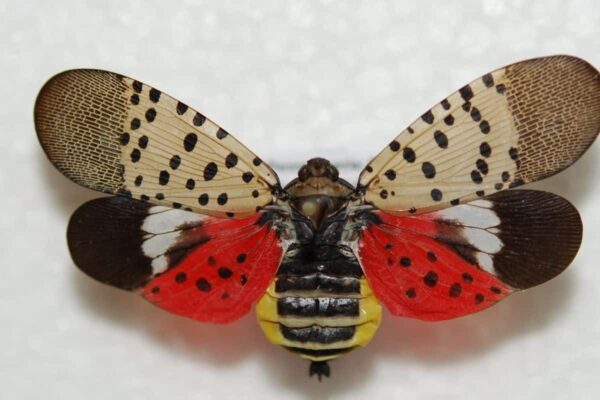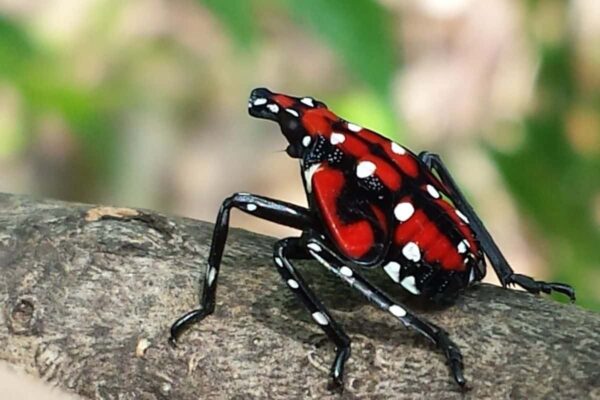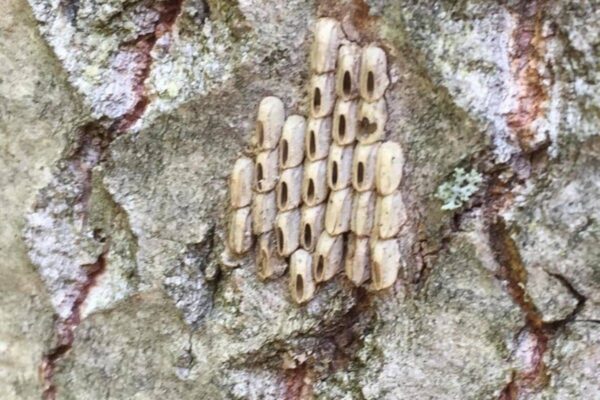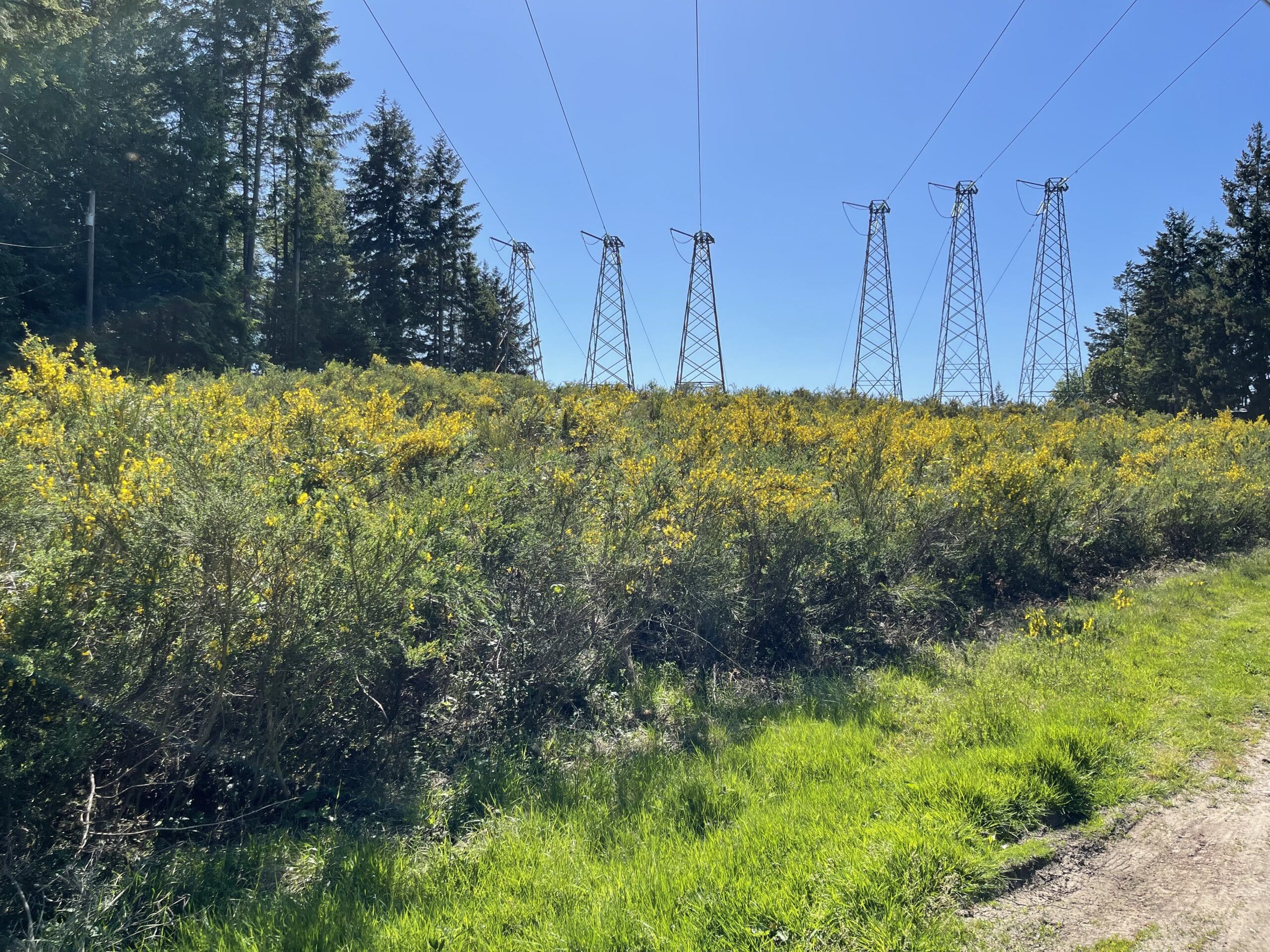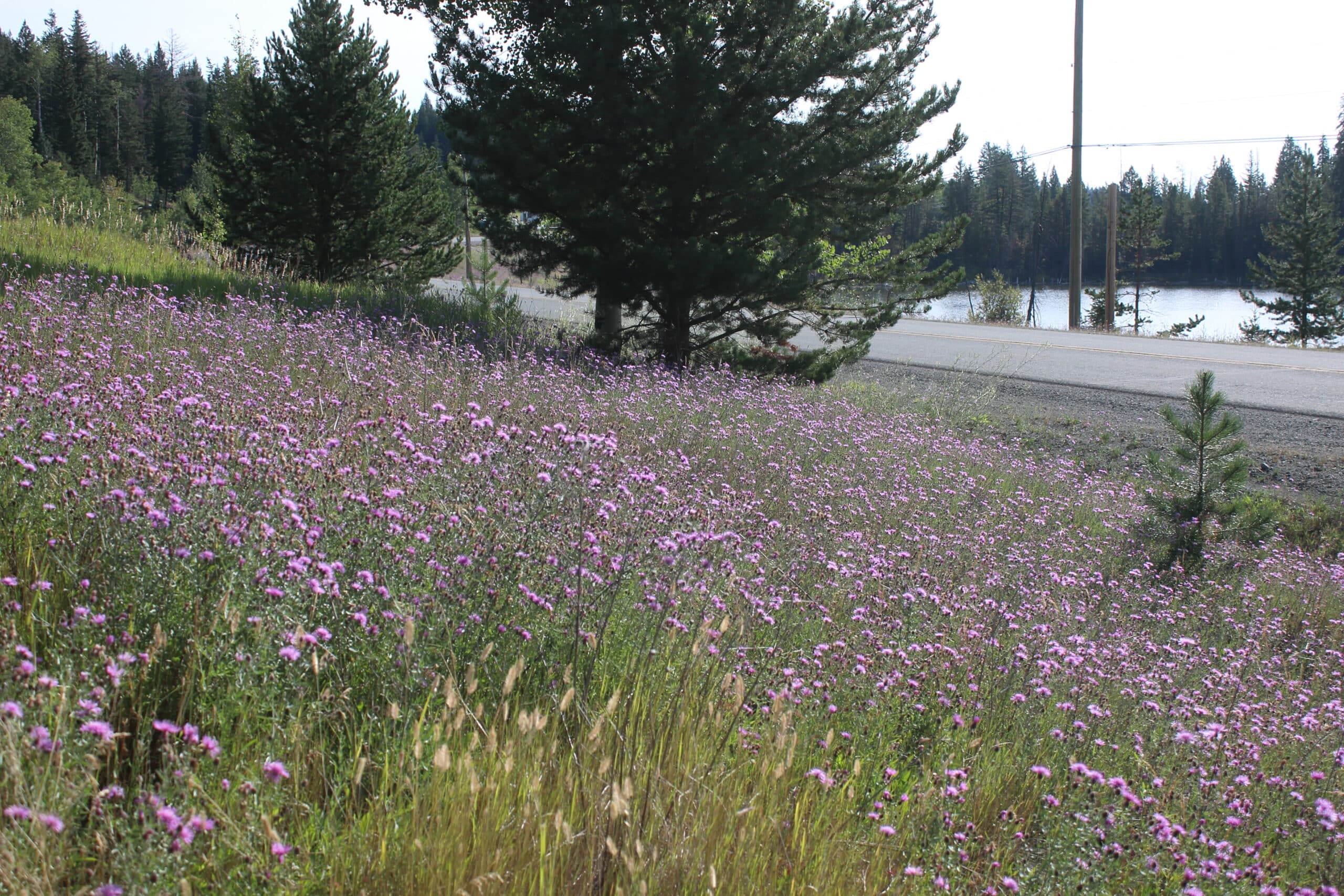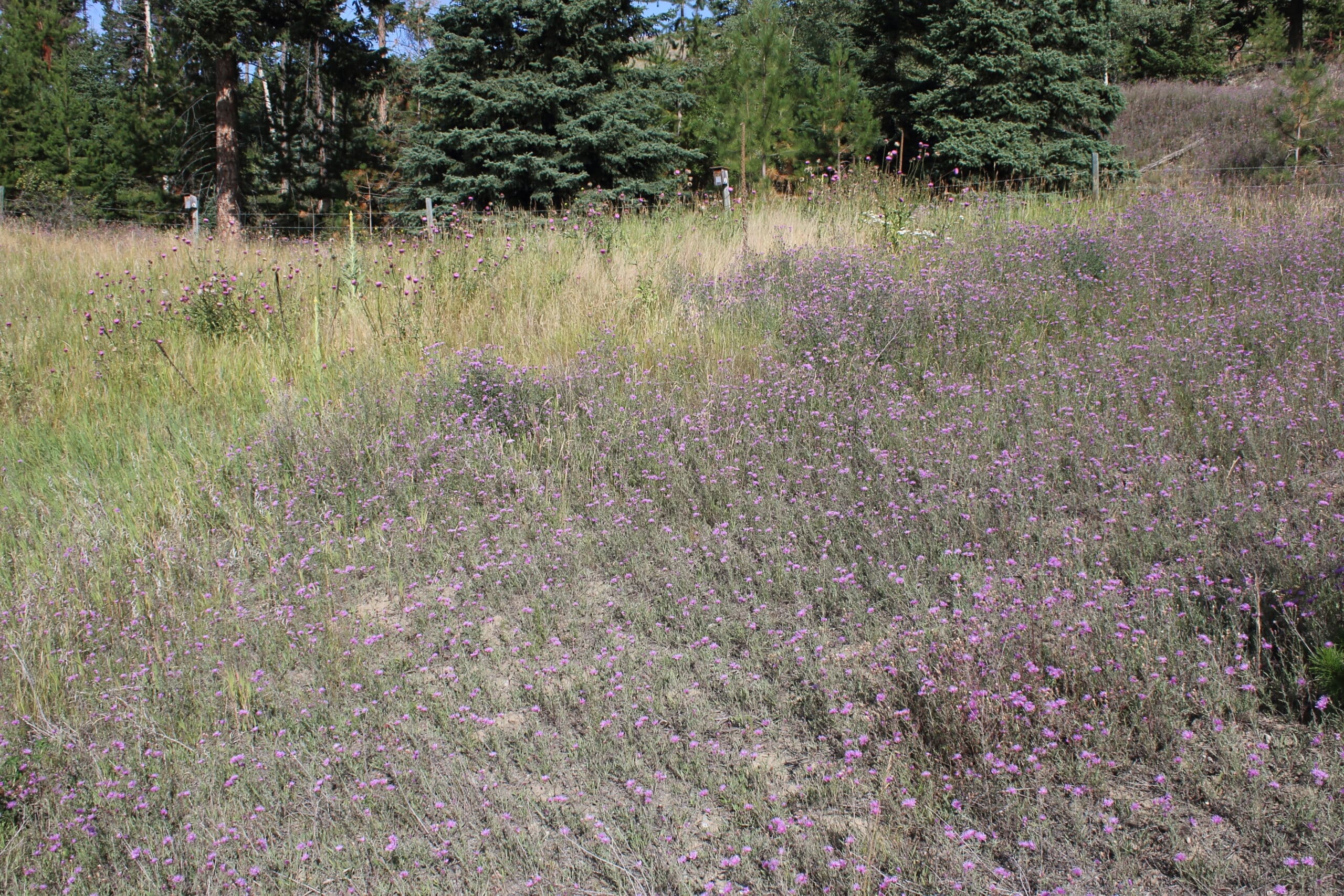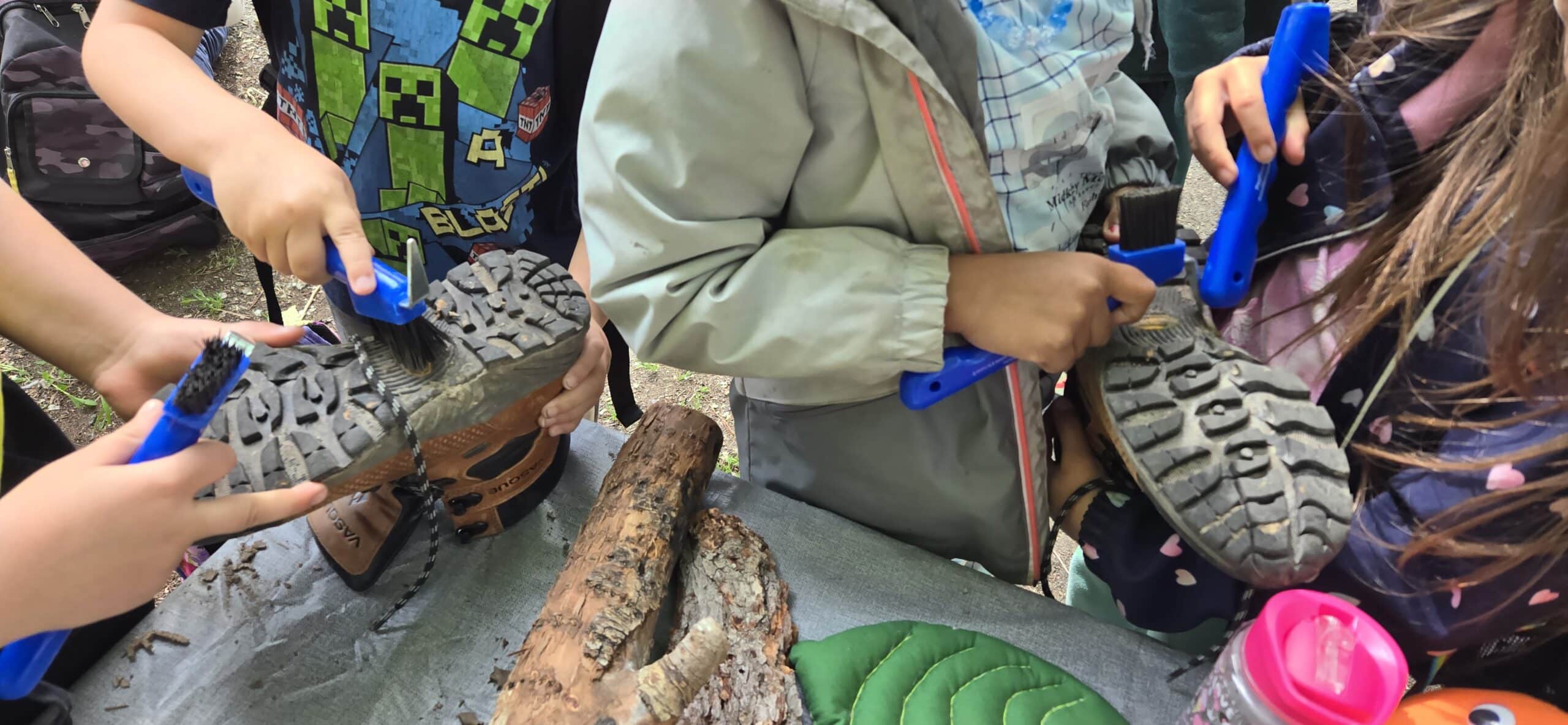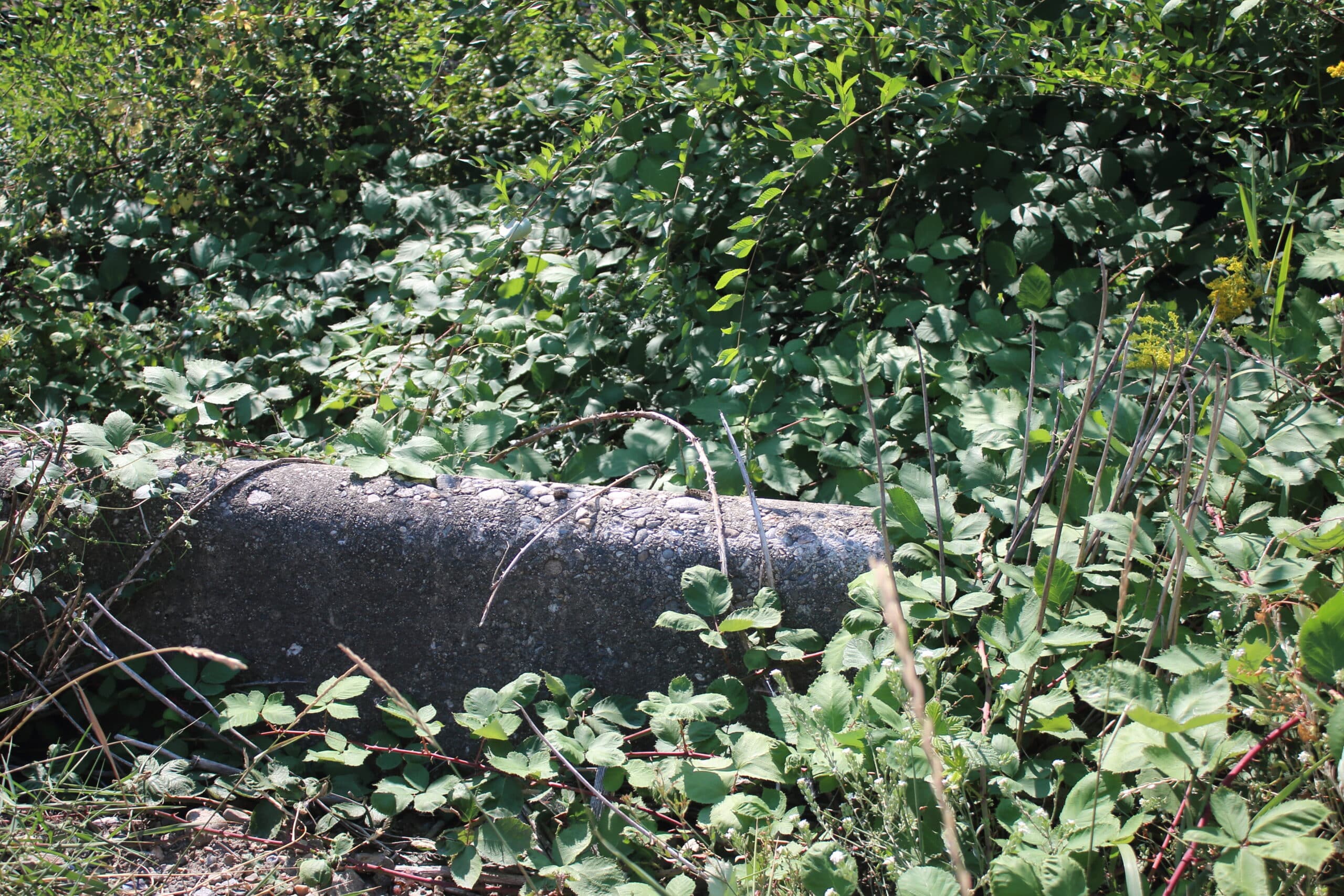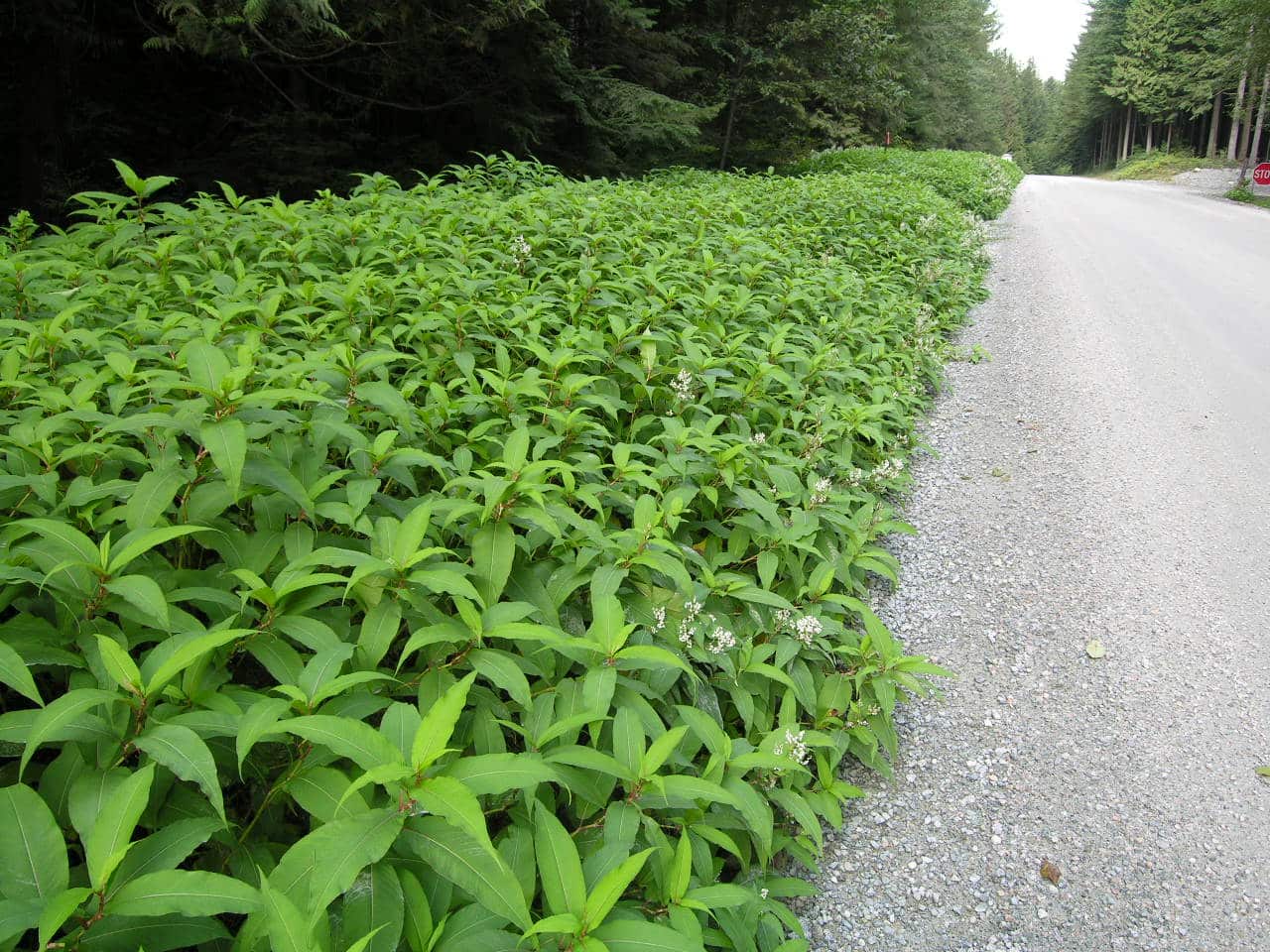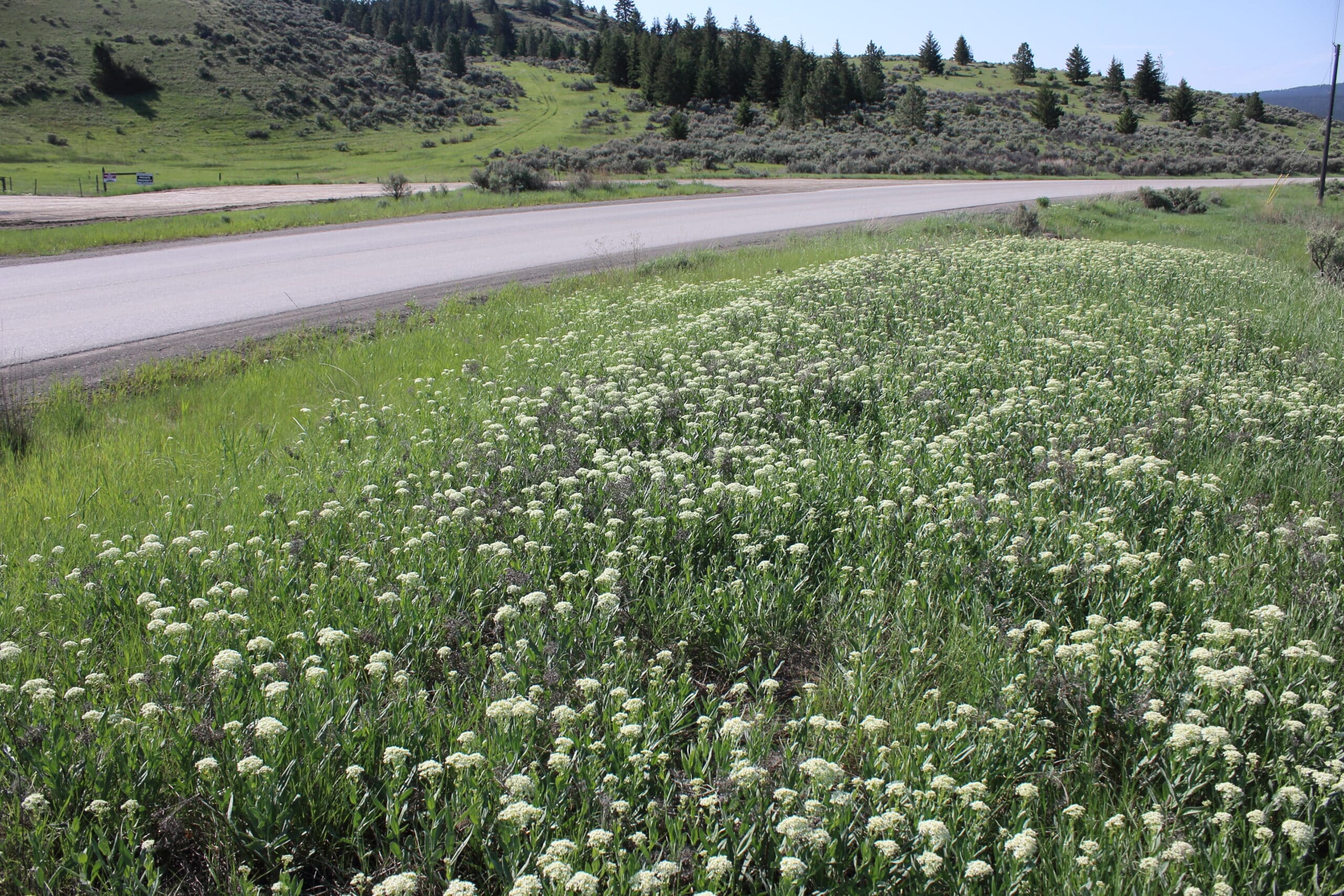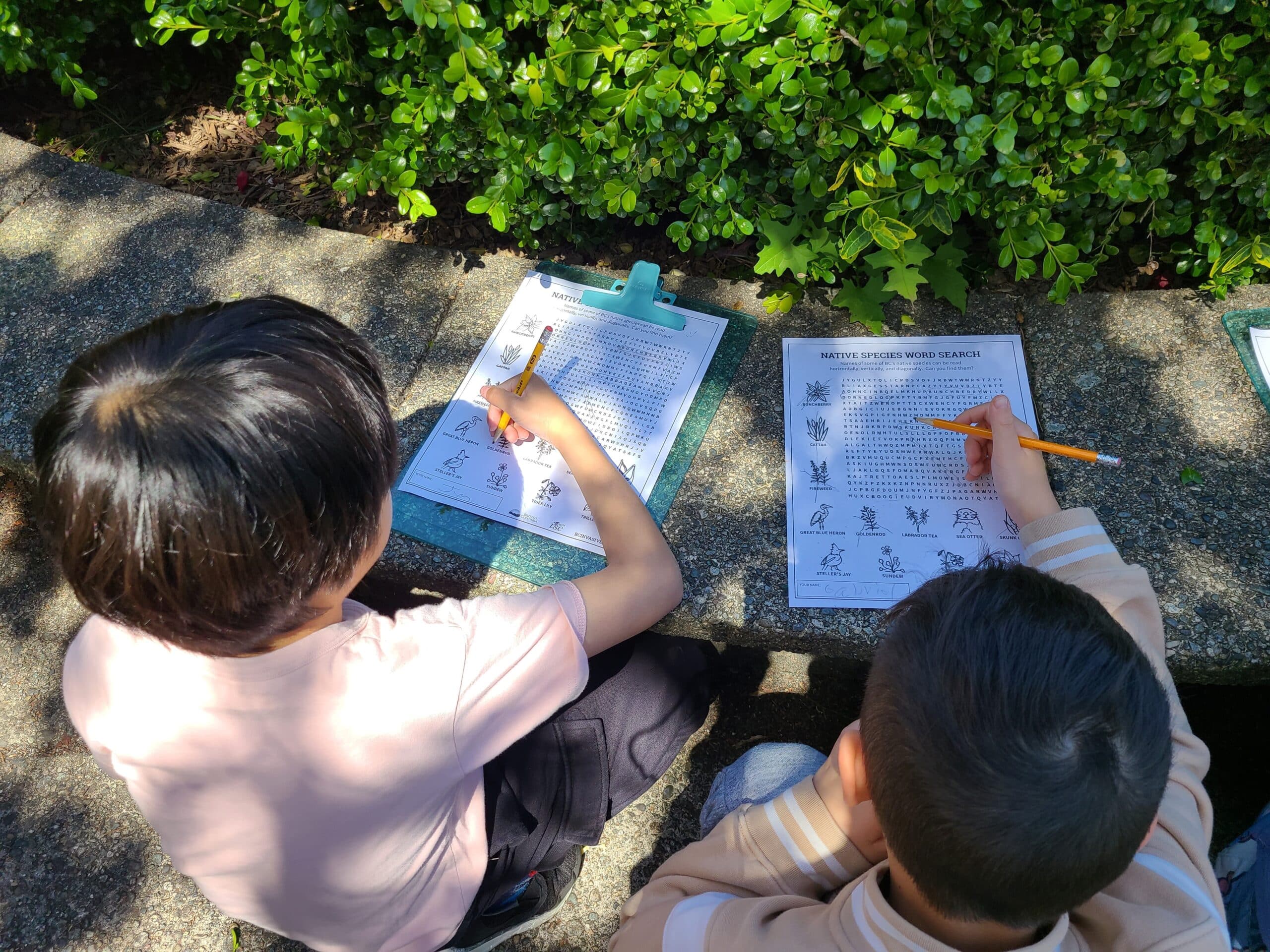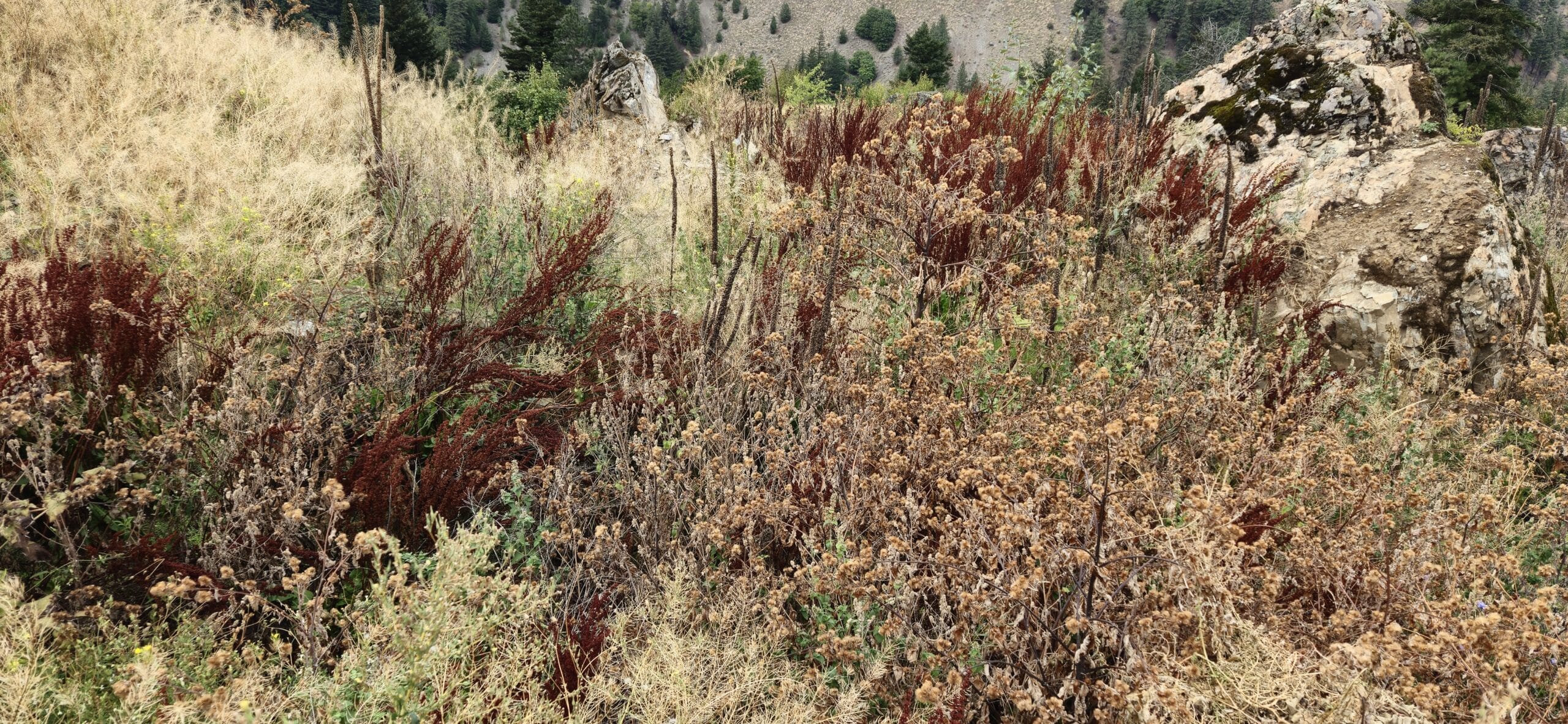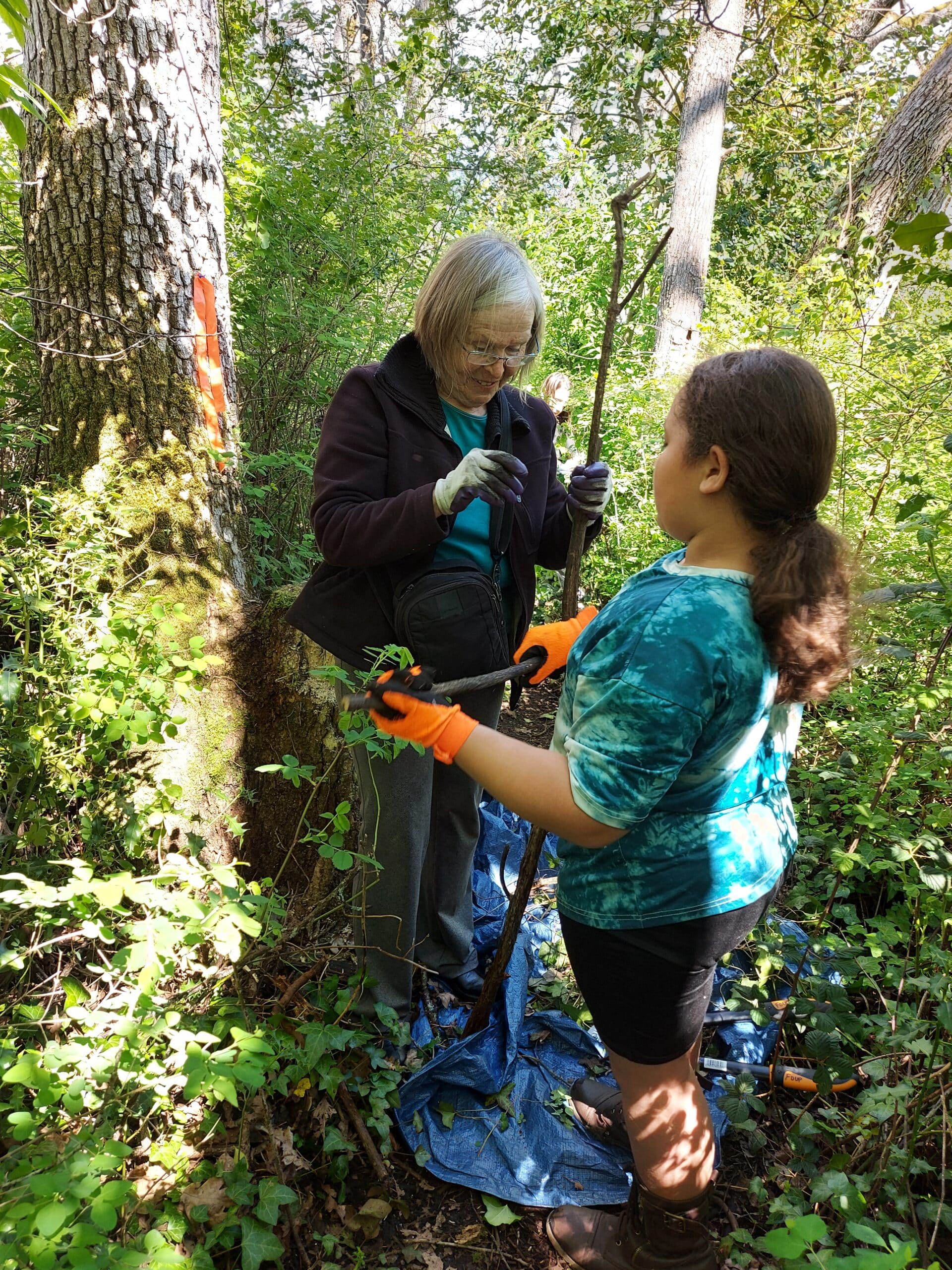Spotted lanternfly
About This Species
Spotted lanternfly is NOT present in BC. It is a large, colourful insect native to China, Japan, India, and Vietnam. It damages host plants by feeding on their sap using straw-like mouthparts and can feed on a wide variety of agricultural crops. In areas where it has become invasive, it has caused widespread damage and is considered an extremely harmful pest.
These insects spend most of their lives on or travelling between host plants. Their preferred hosts include Tree-of-heaven (Ailanthus altissima), Grapes (Vitis spp.), Apple trees (Malus spp.), Pines (Pinus spp.), Oaks (Quercus spp.), Walnuts (Juglans spp.), and Poplars (Populas spp.). They have been known to feed on many other hardwood tree species.
Adults develop in late July and lay eggs on host plants throughout the fall. The eggs hatch in the spring and adults begin to appear in early summer. Adults fly between plants and may land on vehicles which carry them to new areas. In their invasive range in Pennsylvania, large numbers of adults have been known to hitchhike on freight trains. Spotted lanternfly are designated as a Prevent species by the BC Provincial Priority Invasive Species List.
How to Identify
Adults are 2.5 cm long and are most recognizable by their colourful patterned wings and the yellow stripes on the sides of their abdomen. The adult insect is visually distinct from any native Canadian insect species. When at rest, the grey spotted top wings are held at an angle against the body, like a small tent, and the red hindwings are completely covered.
Larval Spotted lanternflies are called nymphs. They look like miniature adults without wings. They range from black with white spots to red with white spots.
Eggs are laid in masses of 4-7 vertical rows on the trunks of host trees. When freshly laid they are covered in a waxy substance which disappears over time. Egg masses are around 2.5 cm wide.
Take Action
Prevention is the best approach.
- Spotted Lanternfly PDF
-
If you need advice about invasive species on your property or you are concerned about reported invasives in your local area, contact your local government or regional invasive species organization.
prevention tips
If you are travelling with a land vehicle from an area in the United States where these insects have established (PA, OH, NY, NJ, FL), check the exterior of your vehicle carefully to ensure you don’t have any hitchhiking lanternflies.

PlayCleanGo
Learn about best practices

Buy Local Burn Local
Learn about best practices
REPORT TO PROTECT BC’S BIODIVERSITY
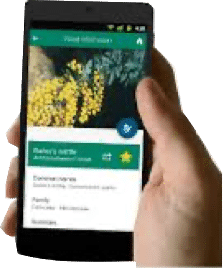
Use the app
Observe and report to protect BC’s biodiversity

Report through this website
Use our form to tell us what you’re seeing and where.



